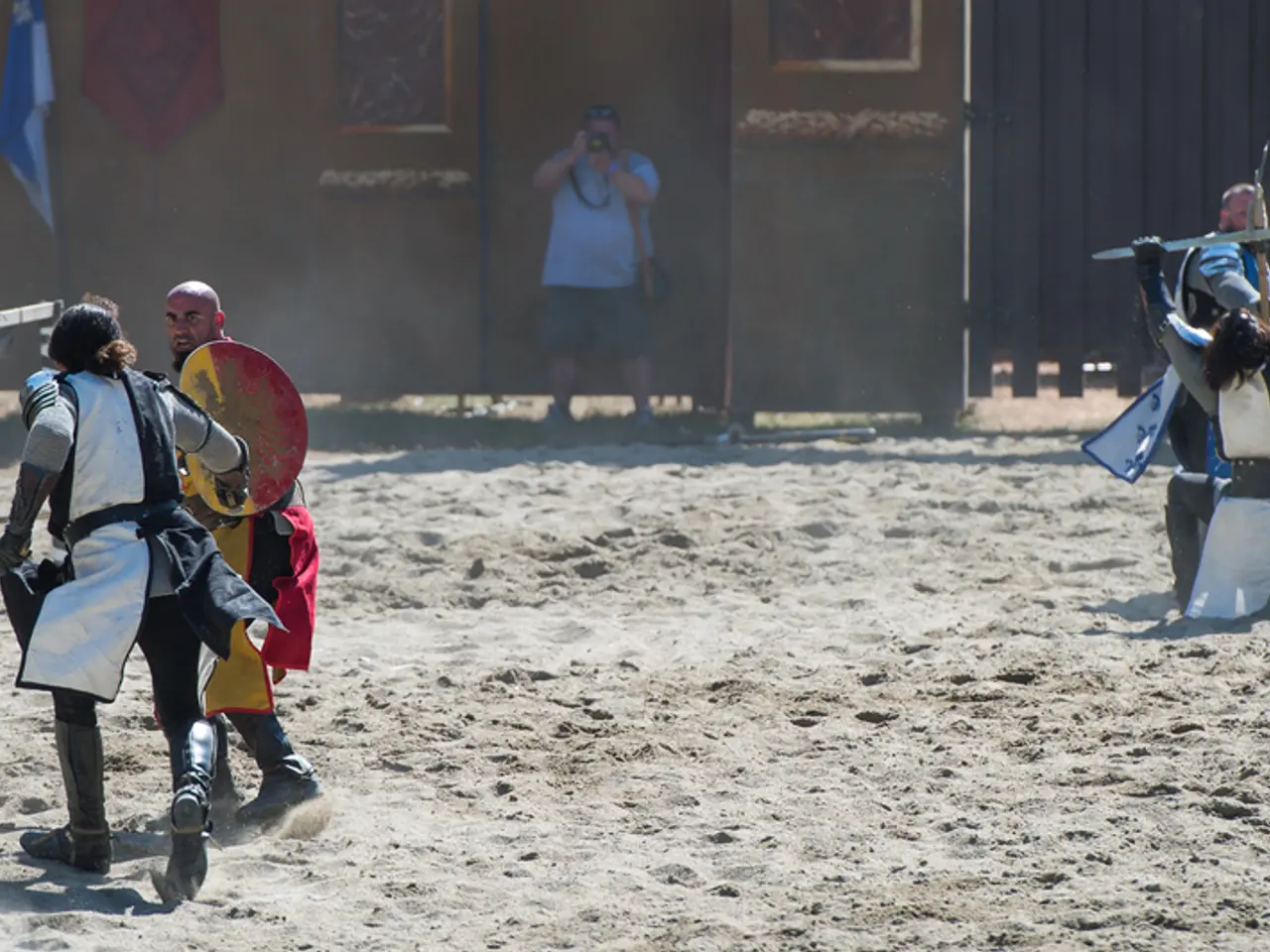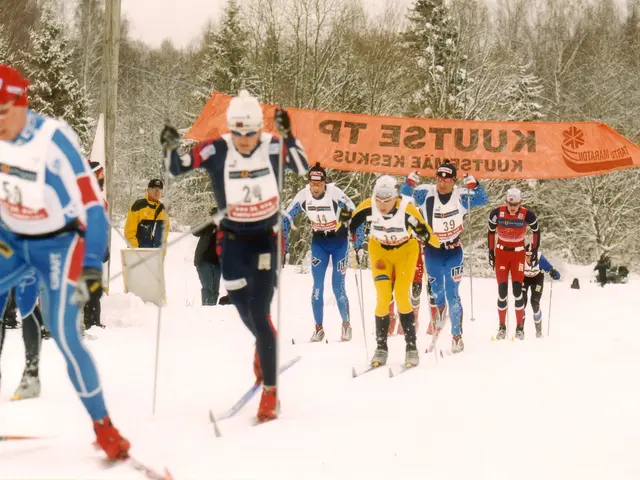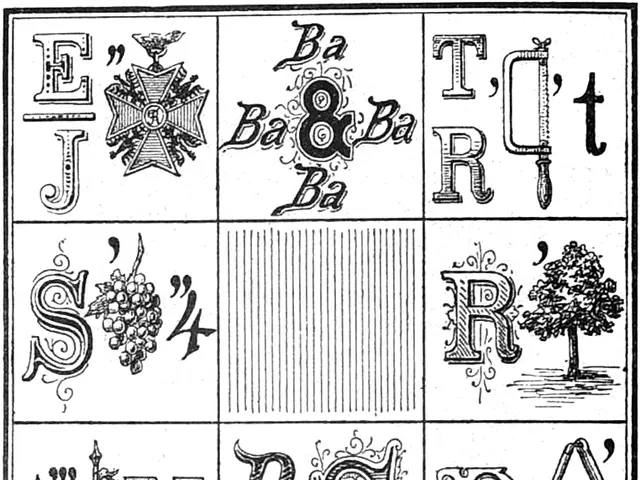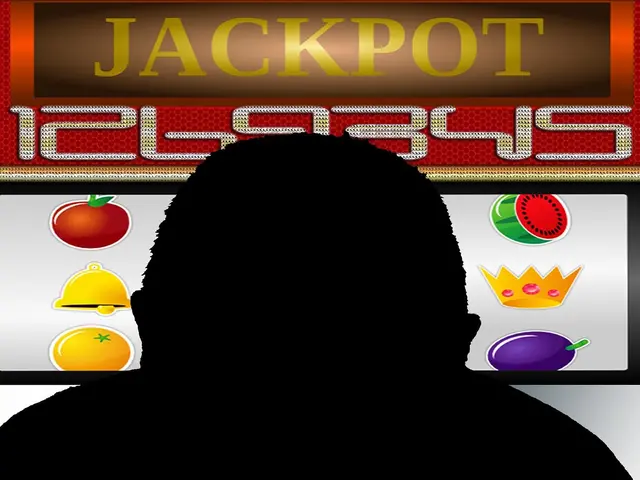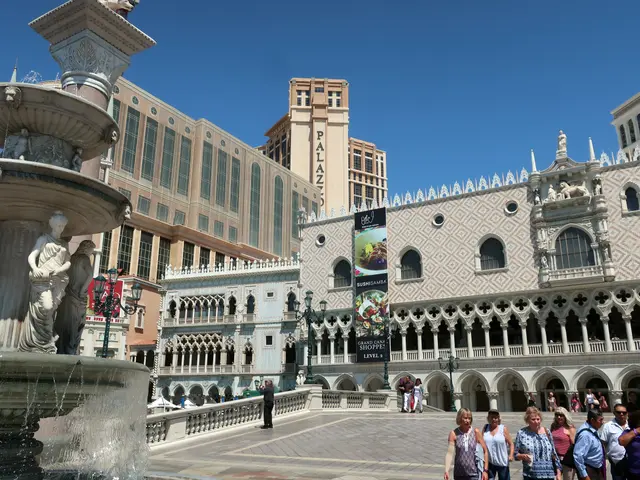Investigation called for against anti-Semitism watchdog: DIG Saar and Young Forum seek repercussions following questionable gathering
The debate over the role and responsibility of antisemitism commissioners in dealing with Israel-critical positions has intensified in Saarland, with criticism aimed at Prof. Roland Rixecker, the antisemitism commissioner in Saarbrücken.
The German-Israeli Society (DIG) Saar and the Young Forum of DIG Saar have criticised Rixecker for his involvement in an event at the University of Saarland that was perceived as Israel-critical. Critics argue that Rixecker's participation in this event is problematic, as his role is to combat antisemitism, and participating in a forum perceived as Israel-critical could be interpreted by some as crossing ethical boundaries or showing bias.
The Young Forum, along with DIG Saar, demands an official statement from Rixecker and a critical review of his mandate as antisemitism commissioner. Eric Barth, chairman of DIG Saar, states it is unprecedented for an antisemitism commissioner to provide a platform for blanket, uncontextualized agitation against Israel.
The event, organised by the groups "Students for Palestine" and "SDS Saarbrücken", was held under the guise of critical discourse but presented a one-sided and uncontextualized narrative of an alleged "genocide in Gaza". The context of the war against Hamas and the antisemitic tendency of some accusations were neither mentioned by the invited speaker nor by Rixecker himself.
The criticism is due to Rixecker's personal moderation of the event, despite explicit concerns from the Jewish community in Saarland. The Network of Jewish Professors supports the criticism and accuses Rixecker of a lack of professional responsibility and expertise.
Hannah Akgül, a board member of the Young Forum, states that Rixecker's actions are not helpful but a burden for Jewish women and men and those fighting against antisemitism in Saarland. The Jewish community in Saarland has expressed significant displeasure over Rixecker's actions.
The controversy around Rixecker centers on the sensitivities around the distinction between legitimate criticism of Israel and antisemitism, especially for public officials tasked with addressing antisemitism. The criticism reflects broader discussions in Germany and elsewhere about the limits and responsibilities involved in criticizing Israel while combating antisemitism.
It is important to note that criticism of Israeli government policies is not inherently antisemitic, and Rixecker’s presence at the event could be aimed at fostering dialogue. However, the manner in which the event was conducted, with a one-sided and uncontextualized narrative, has raised concerns about Rixecker's judgement and impartiality as an antisemitism commissioner.
The criticism is due to the event held on 9th July 2025 at the University of Saarland, and the Amnesty report on which the event relied is "juristically and contentiously controversial". The debate highlights the need for public officials to exercise caution and maintain impartiality when dealing with sensitive issues that involve Israel and antisemitism.
- The debate over therole of antisemitism commissioners in handling Israel-critical positions has been exacerbated, as seen in the case of Prof. Roland Rixecker, the antisemitism commissioner in Saarbrücken.
- The controversy surrounding Rixecker is centered on the sensitivities around the distinction between legitimate criticism of Israel and antisemitism, particularly for public officials tasked with addressing antisemitism.
- The Amnesty report relied upon in the event criticized by Jewish community groups is "juristically and contentiously controversial," adding to concerns about Rixecker's judgement and impartiality as an antisemitism commissioner.
- In addition to Israel-related issues, the general news, crime-and-justice, policy-and-legislation, politics, casino-and-gambling, casino-culture, and war-and-conflicts continue to shape discussions and debates in Germany and beyond.
